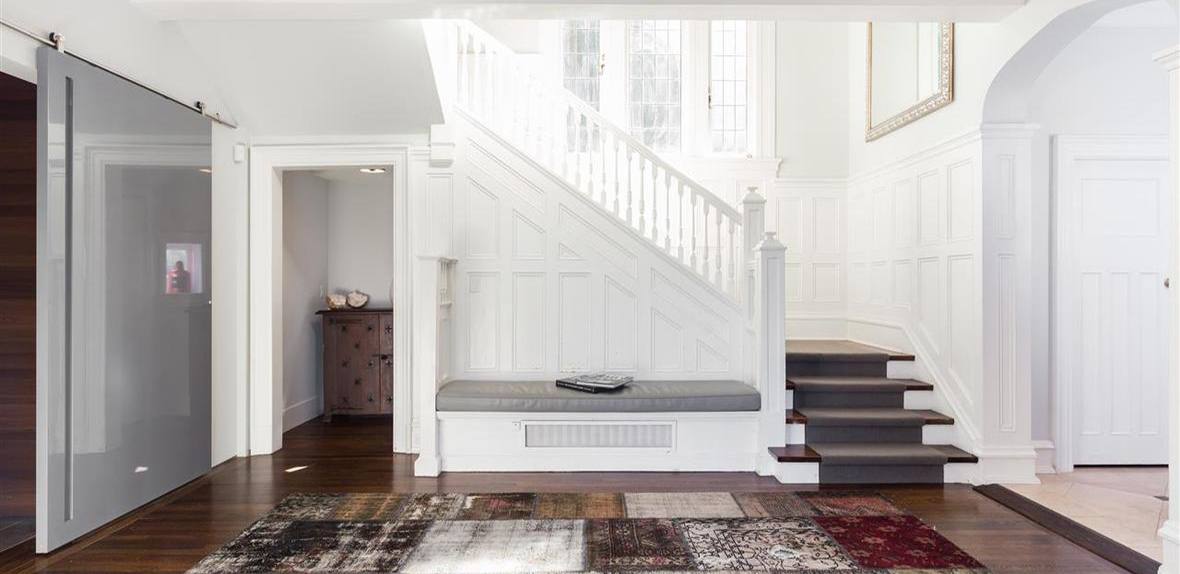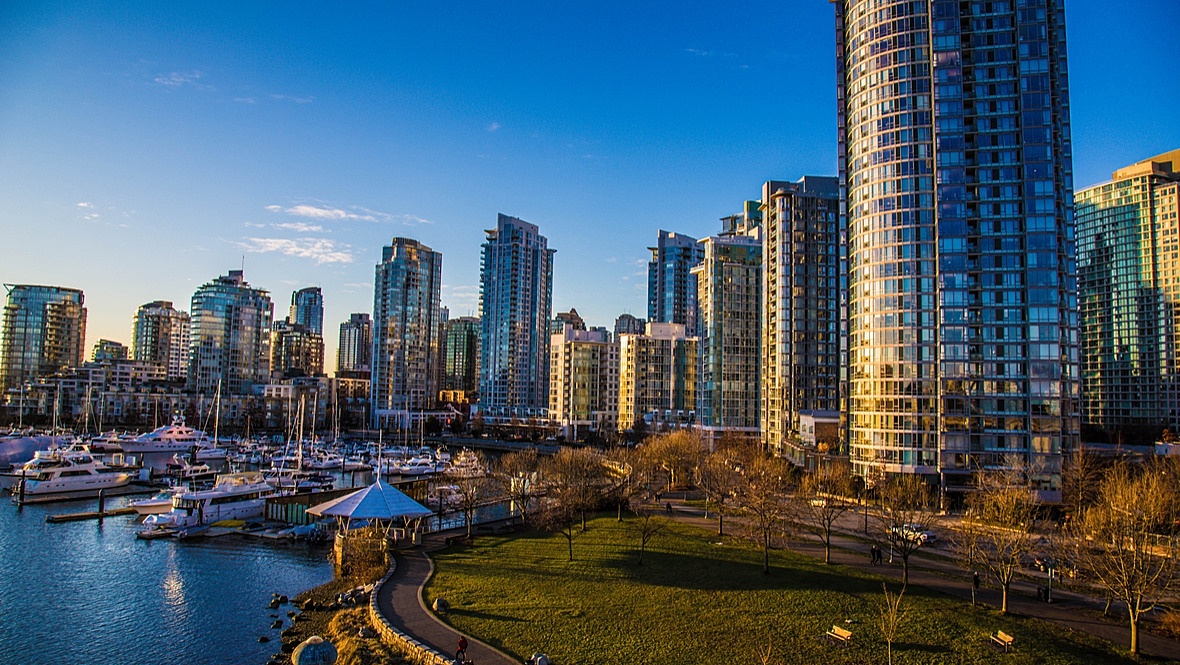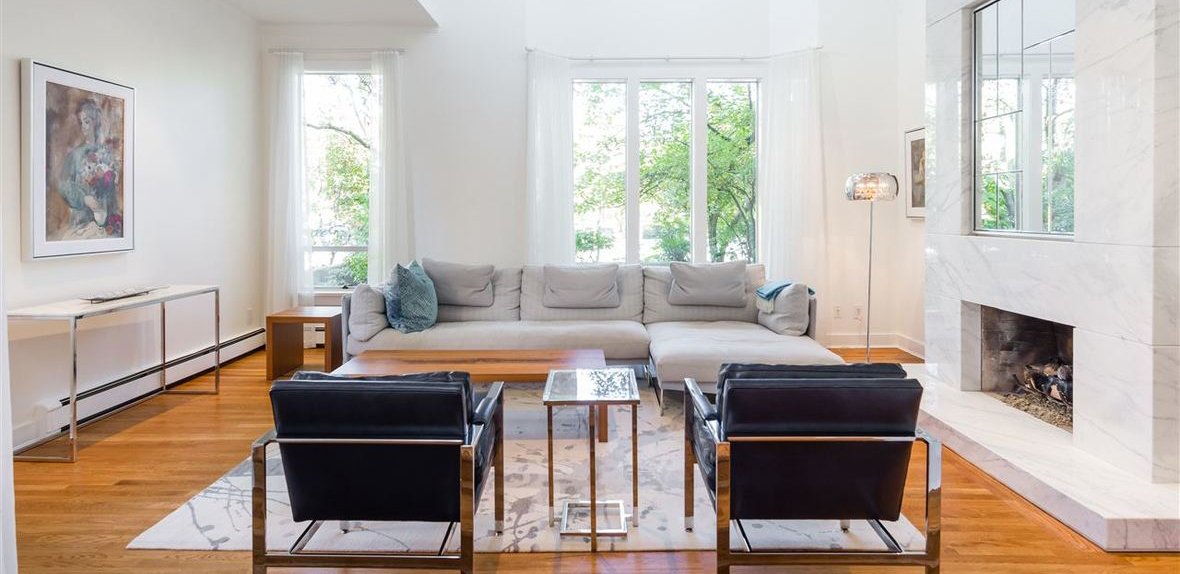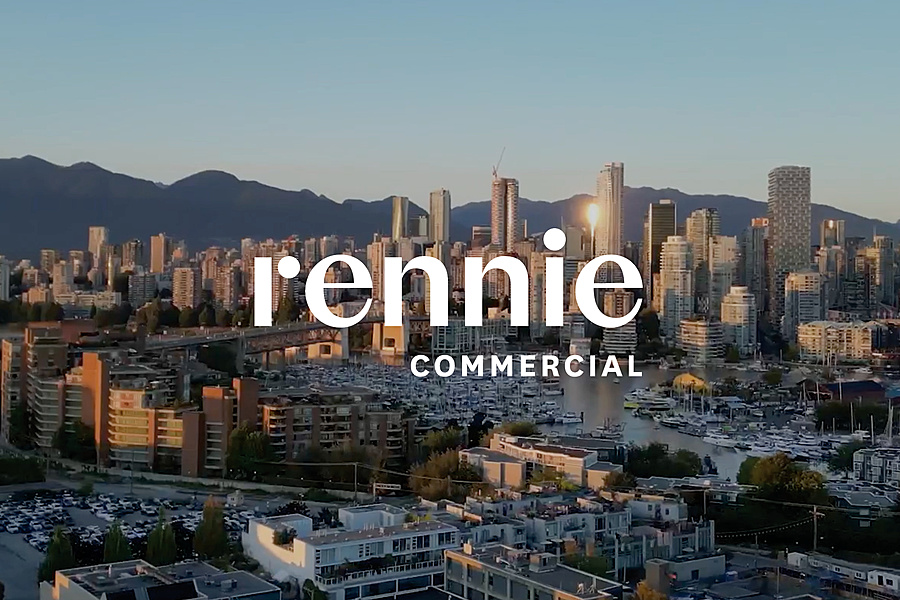Vancouver homeowners will soon be receiving a very important piece of mail. With the empty homes tax right around the corner, the time has come to declare your property status.
In case you need a quick refresher, the empty homes tax was announced this past summer in order to relieve pressure on Vancouver’s red-hot rental housing market. Homes that are deemed empty will be subject to an annual tax of 1% of the property’s assessed taxable value.
But before you submit your status, it is best that you brush up on the details. Here are five things you need to know about Vancouver’s empty homes tax.
Why impose an empty homes tax?
According to census data, more than 25,000 City of Vancouver properties were either unoccupied or being lived in by temporary or foreign residents as of May 2016 (accounting for 9.0% of all dwellings). Considering that Vancouver currently has one of the lowest rental vacancy rates in all of Canada, the city saw an opportunity to increase inventory and encourage homeowners to rent out their available properties. They decided to tax any homeowners for leaving their properties vacant.
The two main purposes of the empty homes tax according to the City of Vancouver, are:
1) to help relieve pressure on Vancouver’s housing market, and
2) to return empty or under-utilized properties to the rental market for people who live and work in Vancouver.

Are you exempt?
Most homeowners actually are. In fact, there are a number of ways in which you can be considered exempt. For instance, most homeowners will not be subject to the tax, as it does not apply to principal residences or homes that are rented out on a long-term basis. If your home is occupied for six months of the year but vacant for the rest, you also do not need to pay.
Furthermore, if your property is undergoing major renovations or has a development permit in place, you are also in the clear. Other exemptions include if your property has been prohibited from being occupied by a court order or if the property changed ownership during the previous tax year. Exemptions also exist if the primary homeowner passed away the same year or was undergoing medical or supportive care.
Owners of condos subject to strata rental bylaws that prohibit rentals are also exempt from the tax. If you are unsure about whether or not the tax applies to you, it is worth clarifying the exact bylaws of your property.
Where is the money going?
The City of Vancouver has confirmed that the net revenue from the empty homes tax will be reinvested into affordable housing initiatives — for example, the creation of low-income housing for people in need and other kinds of residential spaces to make Vancouver more accessible to all.
How do I declare my property status?
If you have not already received your notice by mail, it is most likely on its way. Once you have it in your hands, you will be directed online to complete the declaration.
Here are a few important things to keep in mind:
- Even if you are not required to pay the tax, you still must make a property status declaration for the 2017 calendar year. Failure to do so will result in your home being declared empty and you will be subject to the 1% empty home tax, plus an additional $250 fee.
- Declarations are due February 2nd, 2018.
- False declarations will result in fines of up to $10,000 per day of the continuing offense, in addition to payment of the tax.
What has the response been to date?
Although the City is trying to encourage some sort of positive change, many people are not convinced that the empty homes tax will move the dial when it comes to freeing-up additional homes that can be rented. Furthermore, while the tax may marginally increase rental inventory, it is unlikely to materially alleviate the upward pressure on rents.
Whatever your thoughts on the empty homes tax, it’s important to understand how it impacts you, we can help.



